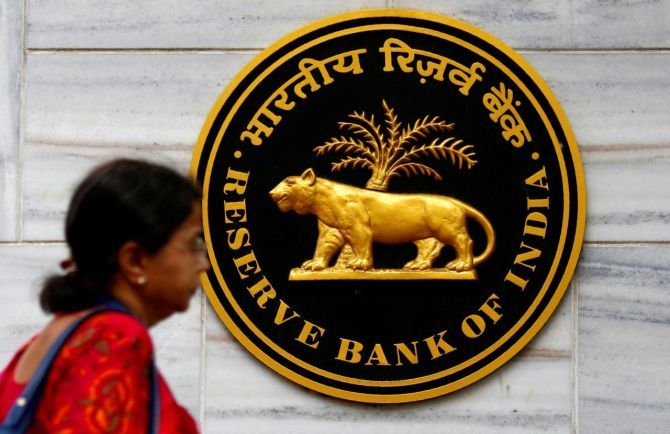High frequency indicators suggest that a growth recovery is underway, but very tentatively and with weak legs, says Saugata Bhattacharya.

The Monetary Policy Committee (MPC) is sure to hold the repo rate and wait and watch in the current uncertain environment.
The global economy is an unusual mix of synchronised growth and rising economic and political uncertainty.
The US Fed is poised to raise rates at least twice more in 2018, with the rising rate gaps between other central banks likely to engender financial volatility, affecting “carry” driven portfolio flows to emerging markets.
Trade frictions might also spill over to capital markets, particularly US Treasury bond holdings.
In India, besides the usual anxiety about monsoon rains, an added dimension is the uncertainty on the proposed minimum support price (MSP) mechanism, the cost benchmarks and the outlays required under the alternative scenarios and the models of price support being explored by the Centre and individual state governments.
Crude oil prices have again come close to $70 a barrel with geopolitical tensions in West Asia.
These developments, together with concern on states’ fisc, suggest that the MPC is likely to remain on an extended pause.
But what about a case for either a rate hike or a cut? Circumstances might align over the year such that either action is possible.
But as of now, at least in FY19, the probability of a rate hike appears to be much lower than for a cut. Why?
High frequency indicators suggest that a growth recovery is underway, but very tentatively and with weak legs.
A repo rate hike in an environment where market interest rates have already risen by 0.8-1 per cent over the past nine months will severely impede fostering this recovery.
The MPC’s statement in February explicitly emphasises this.
On the other hand, the drop in CPI inflation since January ’18 was more rapid than expected, not just due to lower food prices but surprisingly, also because of a lower print on the trend imputed to the notional house rent allowance (HRA) increase of the 7th Pay Commission.
This suggests that not many states have started hiking HRA, and even if they begin now, the impact will likely be more diffuse than expected.
Global metals and minerals prices have also taken a hit, due inter alia to growth concerns born of the looming threat of trade wars.
Together, this might lead to an inflation trajectory lower than projected by the RBI.
Also, there is hope that with better compliance, GST collections will improve in FY19, reducing the fiscal deficit.
If the rains are good, that might open up space for some further easing.
Views are personal
Photograph: Shailesh Andrade/Reuters











